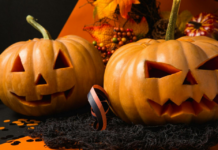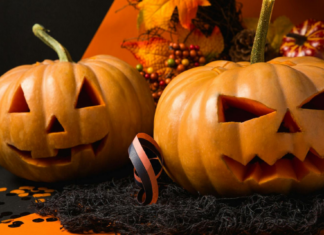Every language has its own unique terms that aren’t necessarily taught in school or in exercise workbooks. But it might be good to know some French slang words… This list is not extensive but the words we chose are quite popular and common in everyday conversations. Try using 1 or 2 of them the next time you meet up with some French people. We’re sure they will be impressed with your knowledge of French slang words.
Slang Words You Should Know
Chiant/e

Being chiant (chiante is for females) means someone or something is annoying, irritating, or getting on your nerves. This is a derogatory term people will use when they are upset or annoyed.
Example: Le professeur de mathématiques est vraiment chiant (the math teacher is really annoying).
Laisse tomber

Laisse tomber means nevermind, not wanting to finish something, to abandon something you started.
Example: Laisse tomber…je ne veux plus y aller (nevermind…I don’t want to go anymore).
Mec

A mec is slang for man.
Example: Ce mec n’arrête pas de m’appeler (this guy won’t stop calling me).
Clope
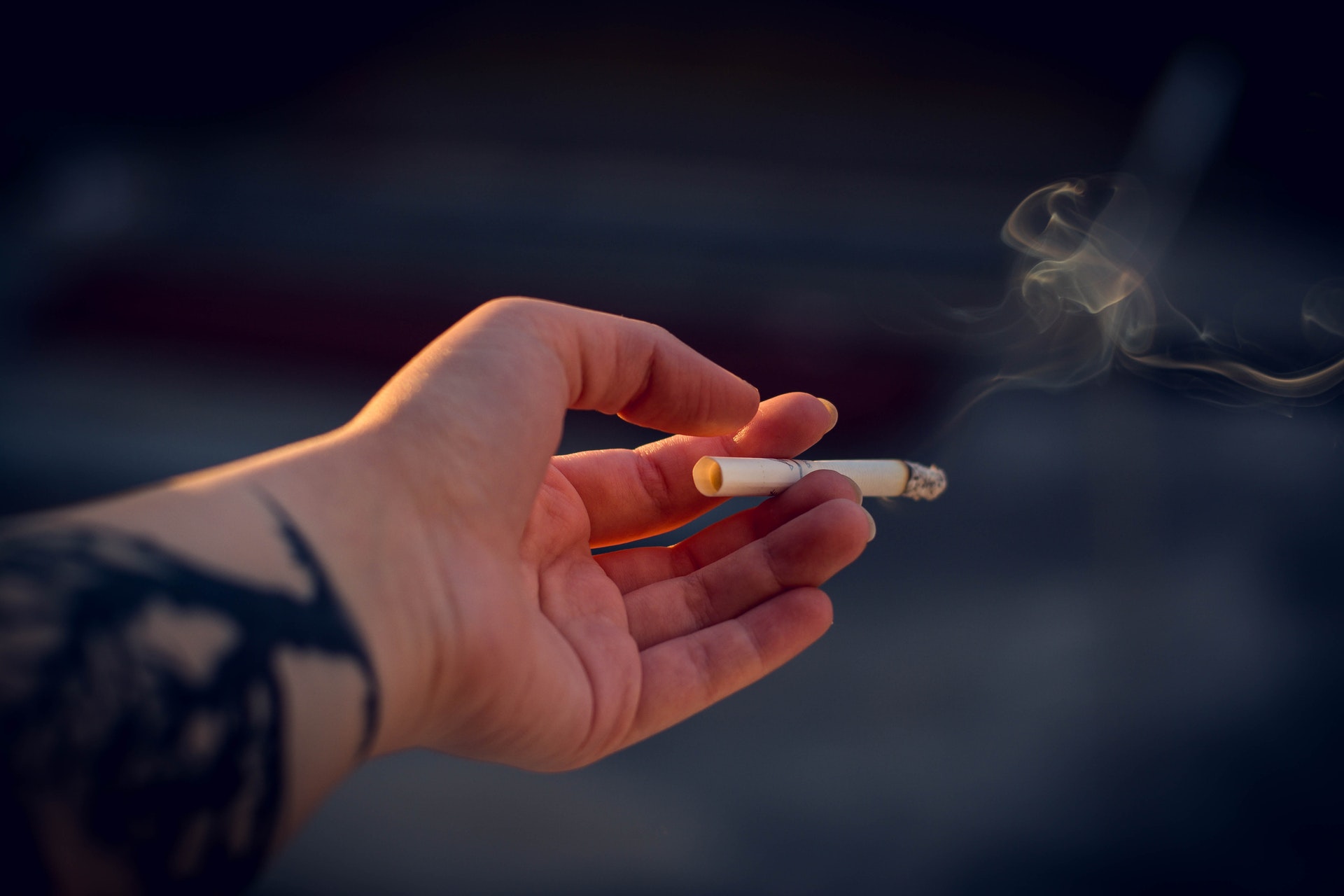
A clope is a cigarette.
Example: Ma mère n’aime pas que je fume des clopes (my mom doesn’t like that I smoke cigarettes).
Bordel

This word is the king of French slang words… Bordel means a huge mess. It’s also a word you can say (and yell) when you’re mad.
Example: Arrête de foutre le bordel partout (Stop making a mess everywhere).
If you’re looking for more insults, you can read our articles on the funniest insults in French!
Bouffer
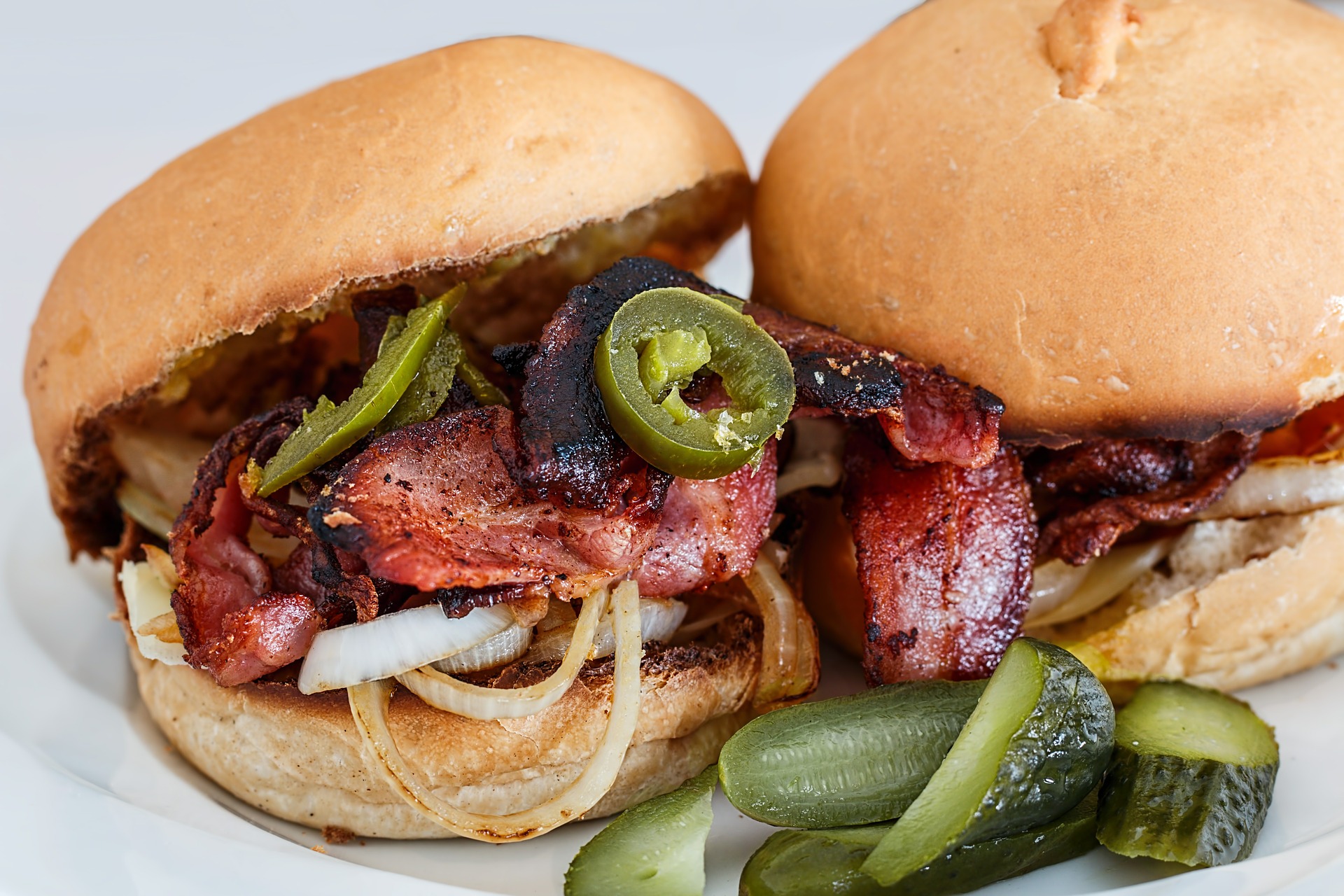
Bouffer means to eat something but you can also say it of a car (this car consumes (bouffe) a lot of fuel. You can also use the noun la bouffe to speak about food. And we are sure you will talk a lot about French food.
Example: Ce garçon bouffe n’importe quoi (this guy eats anything).
Flics
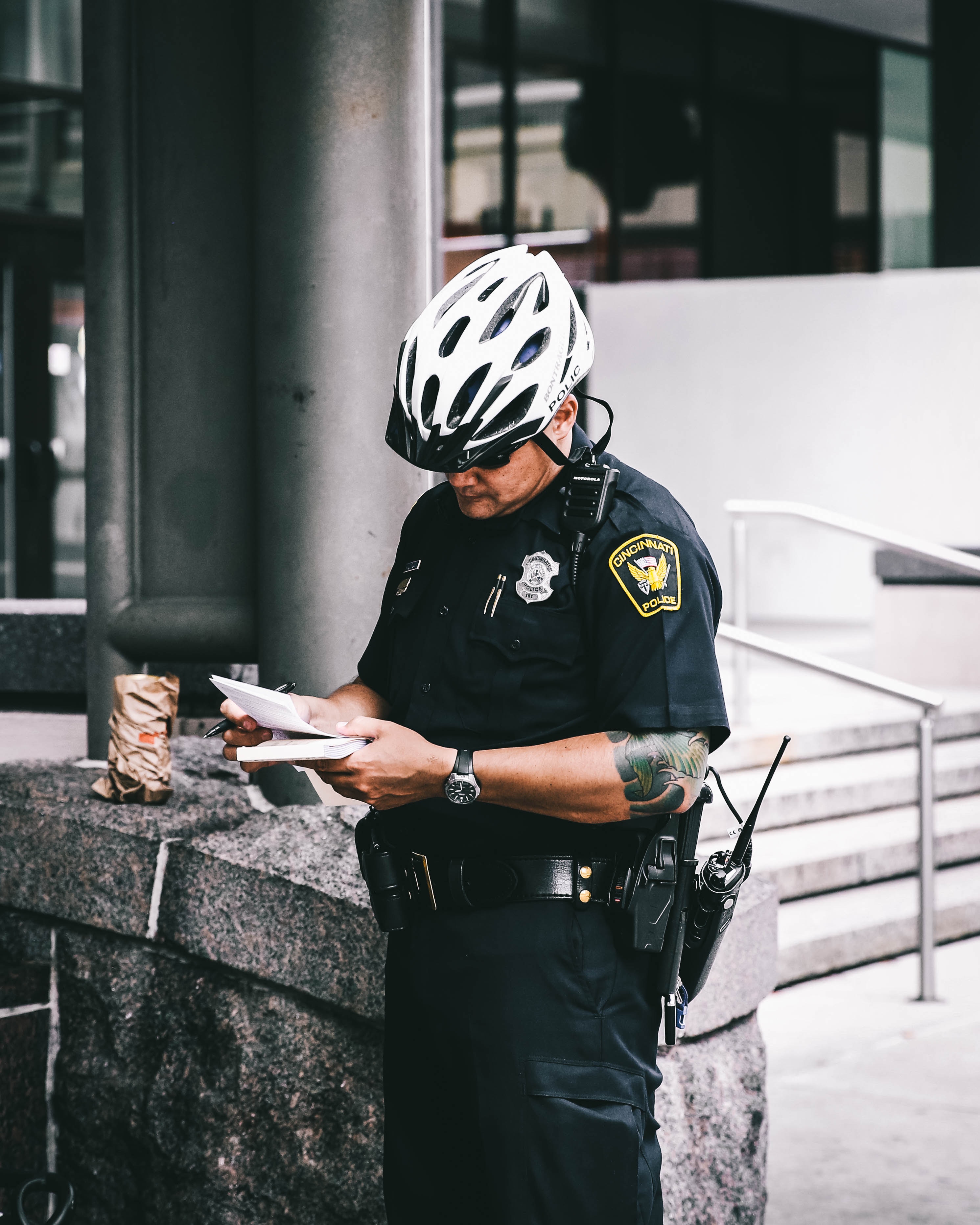
Flic is another word for a policeman.
Example: Marche plus vite! Les flics sont après nous (walk faster! The police is after us).
Fringues
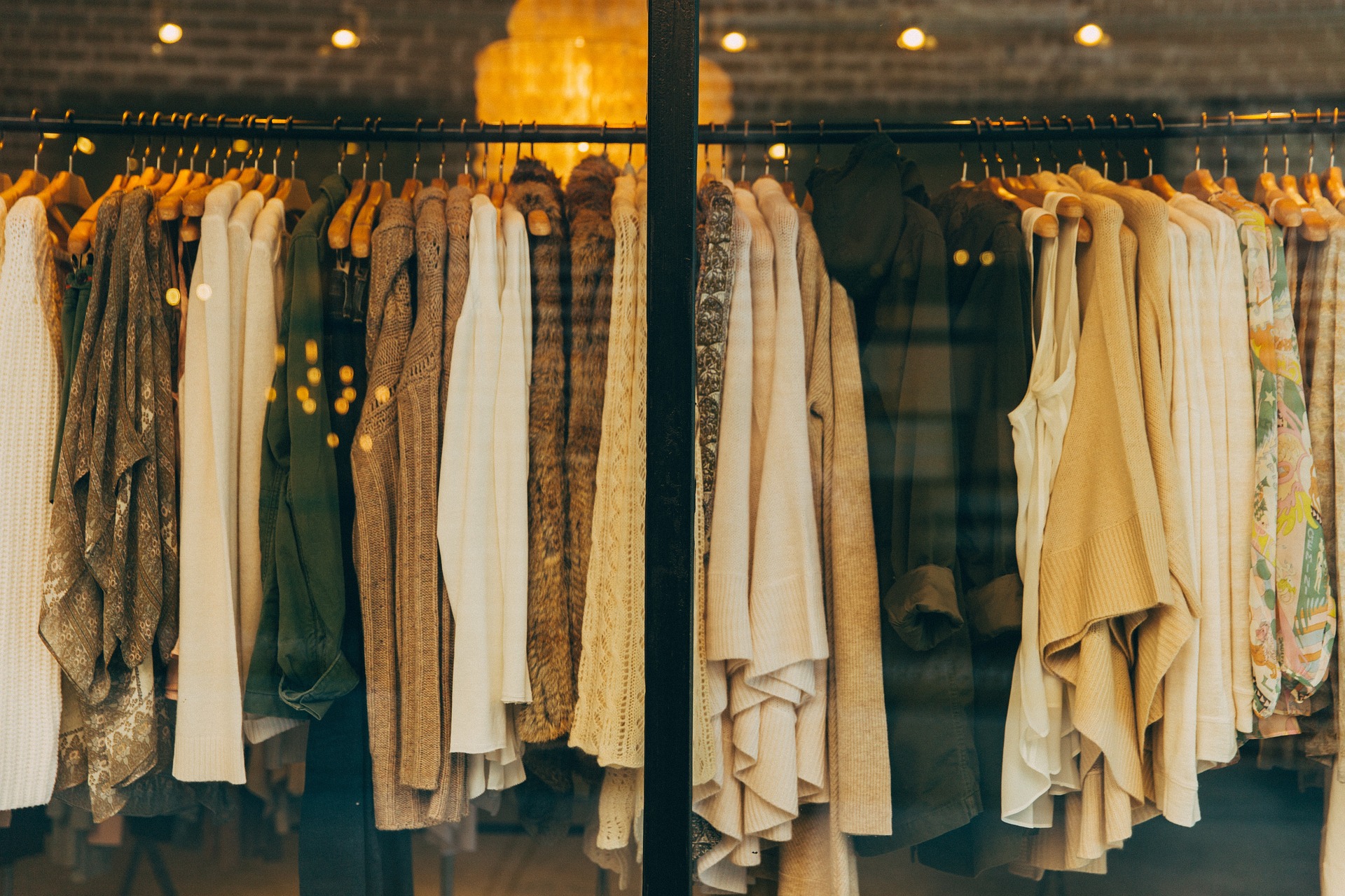
Fringues means clothes. You might use it if you want to ask a Parisienne about her unique fashion style.
Example: Elle porte toujours de belles fringues (she always wears nice clothes).
Frangin/e
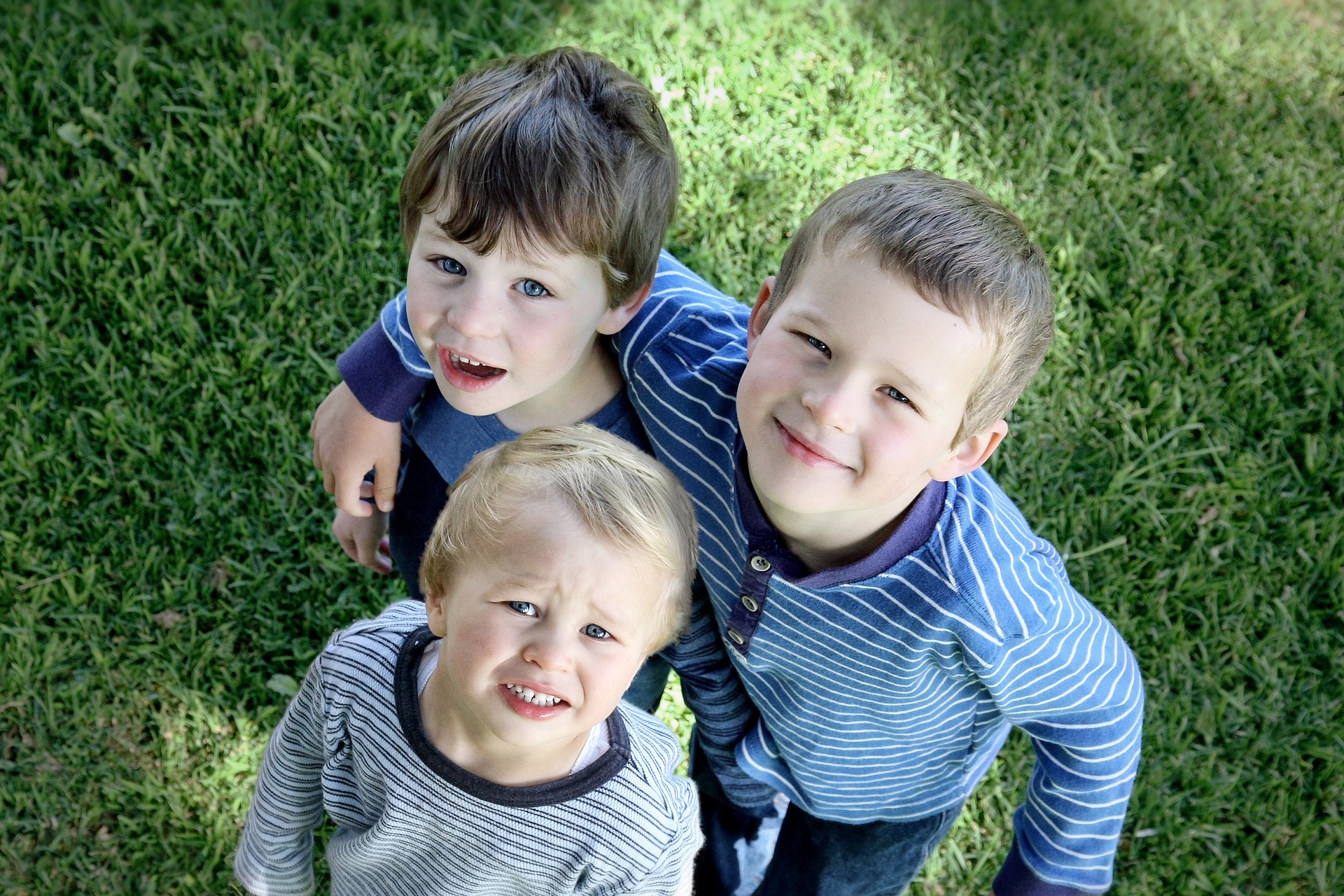
Frangin means brother and frangine means sister but you can also call your close friend your frangin.
Example: Elle n’arrête pas de se chicaner avec son frangin (she keeps fighting with her brother).
Carrément

Carrément means entirely, completely, utterly. But it can also be used as a filler word or to agree with someone.
Example: Il a carrément trop bu ce gars (this guy has clearly drunk too much).
C’était bien cette soirée !
– Carrément.
Gaffe

Une gaffe is to be clumsy, to blunder.
Example: Elle a échappé la peinture partout sur la table. Quelle gaffe! (she dropped paint all over the table. What a blunder).
Franchement
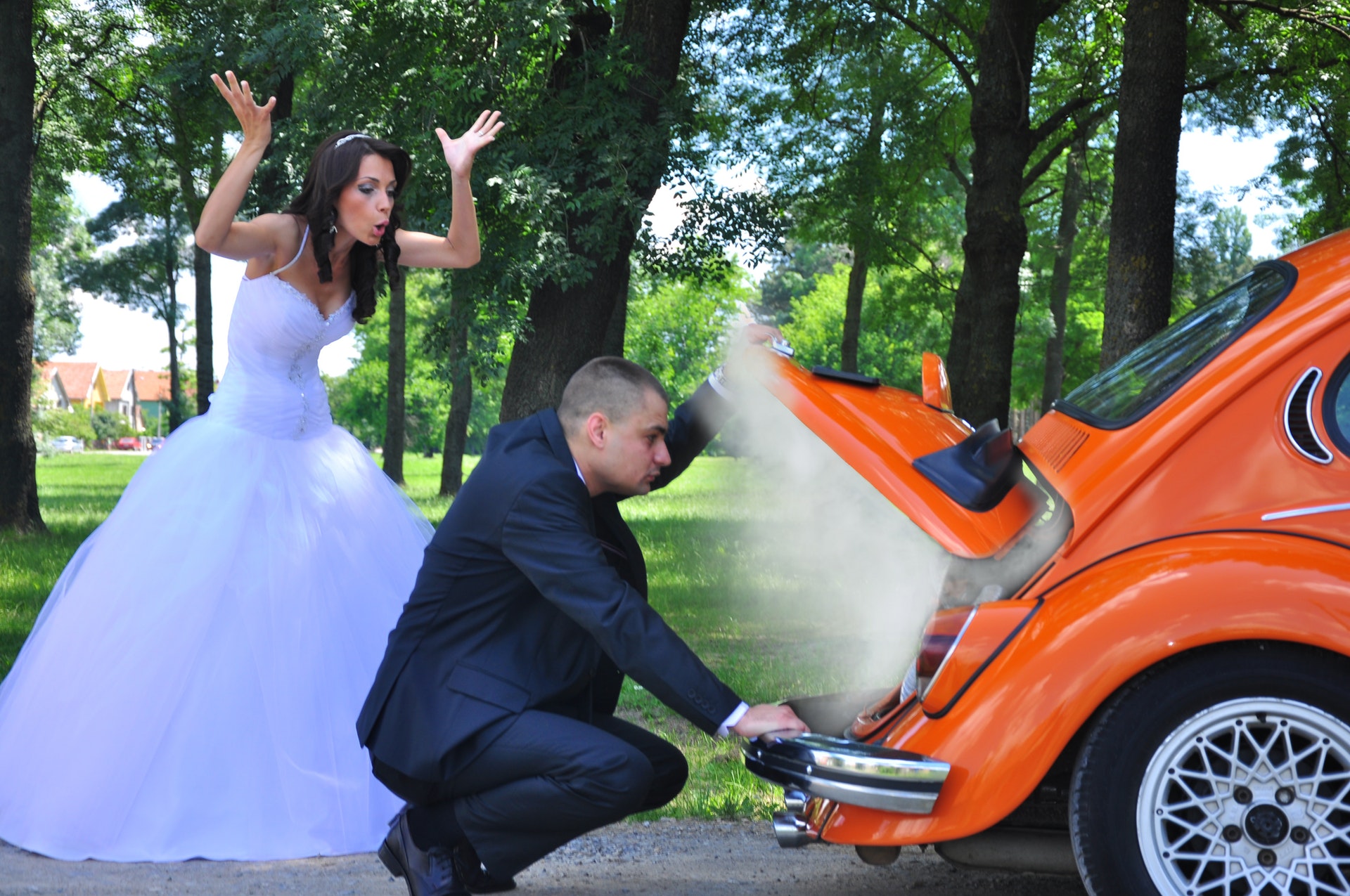
Franchement is hard to translate but you could use honestly!, or are you for real?
Example: Franchement Claire, pourquoi as-tu bu autant hier? (Honestly Claire, why did you drink so much yesterday?).
Pompette

Being pompette means to be tipsy, a little bit drunk.
Example: Hier, après une demi-bière j’étais déjà pompette (yesterday, after half a beer I was already tipsy).
Vache
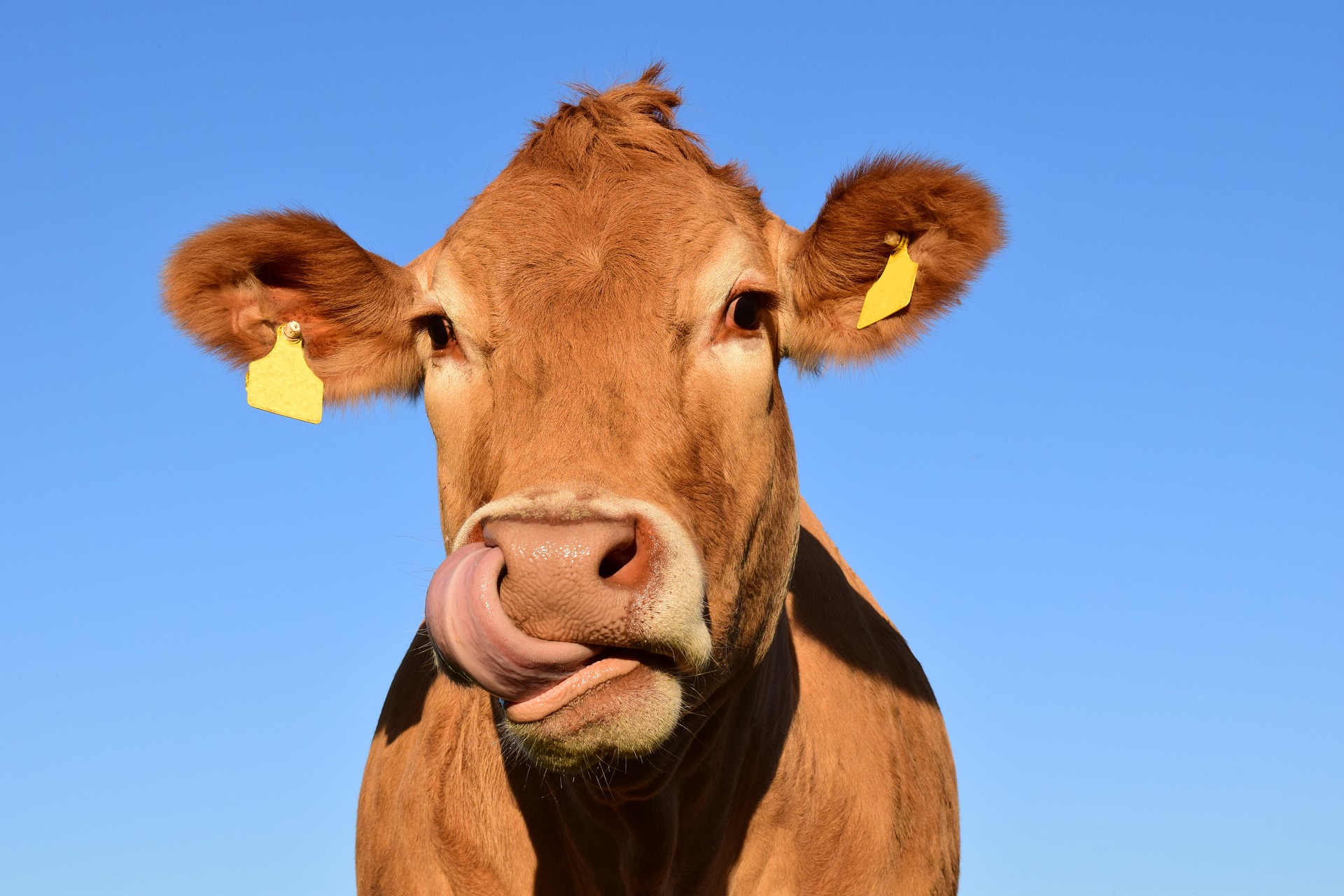
Normally, vache means cow but it can be a serious insult. It means to be bitchy and catty. It is usually an insult to women.
Example: Quelle vache! Elle a embrassé mon chum (What a bitch! She kissed my boyfriend).
Bagnole

A bagnole is a car.
Example: J’ai conduit la vieille bagnole de ma grand-mère la semaine dernière (I drove my grandmother’s old car last week).
Santé
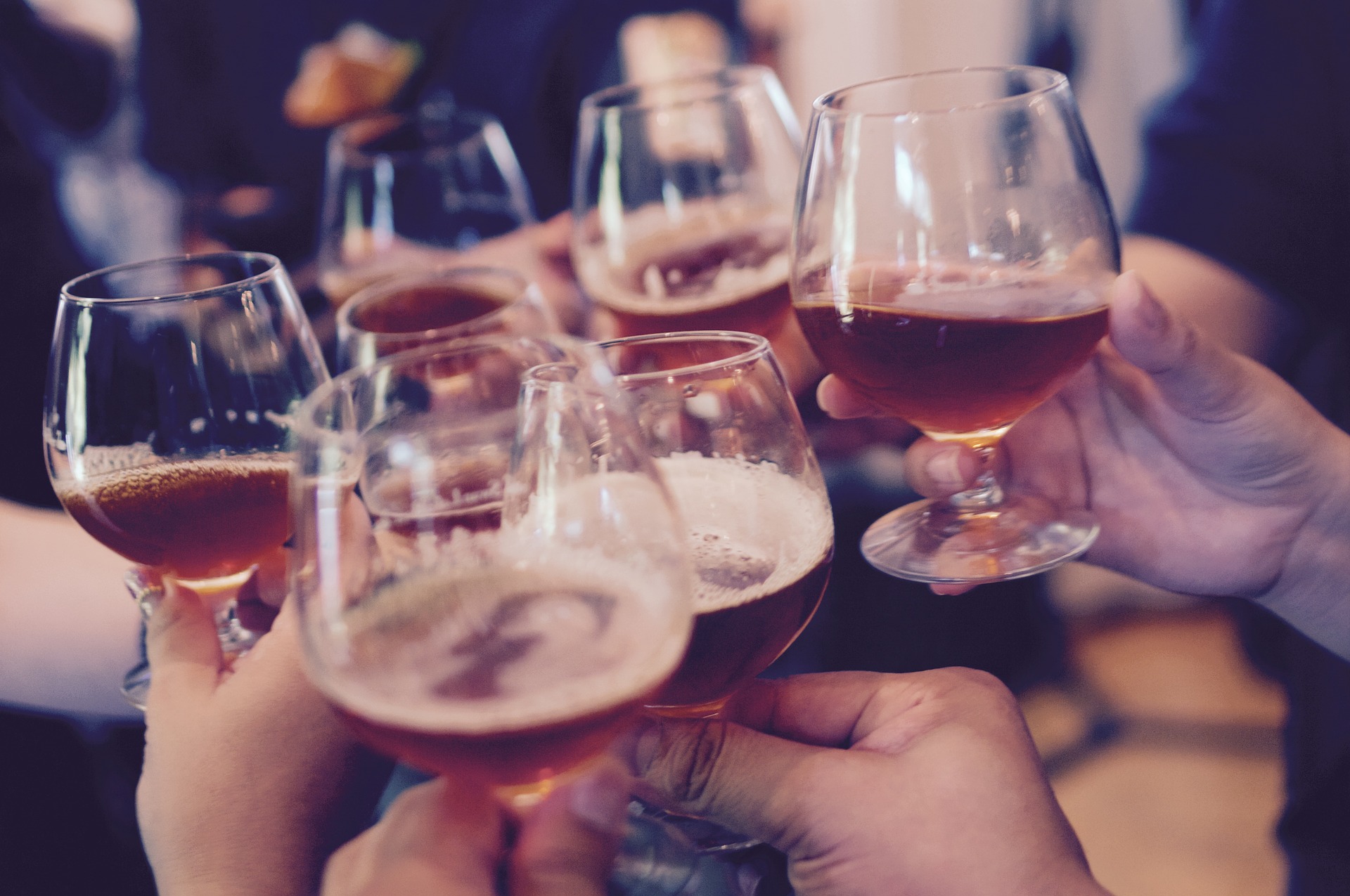
Santé means health but when you say this word at the end of a speech or before everyone starts eating it means cheers.
Example: Je vous souhaite tous une belle année! Santé! (I wish you all a great year! Cheers).
Sympa

Being sympa means being nice, cool, fun, or a delightful person. You can say a person is sympa but you can also say it of a place.
Example: Les gens avec qui j’étais hier étaient tous vraiment sympas (the people I was with yesterday were all really fun).
En tout cas

En tout cas means anyway, anyhow, in any case.
Example: En tout cas, il n’avait pas l’air heureux quand je l’ai vu ce matin (Anyhow, he didn’t look happy when I saw him this morning).
Quétaine
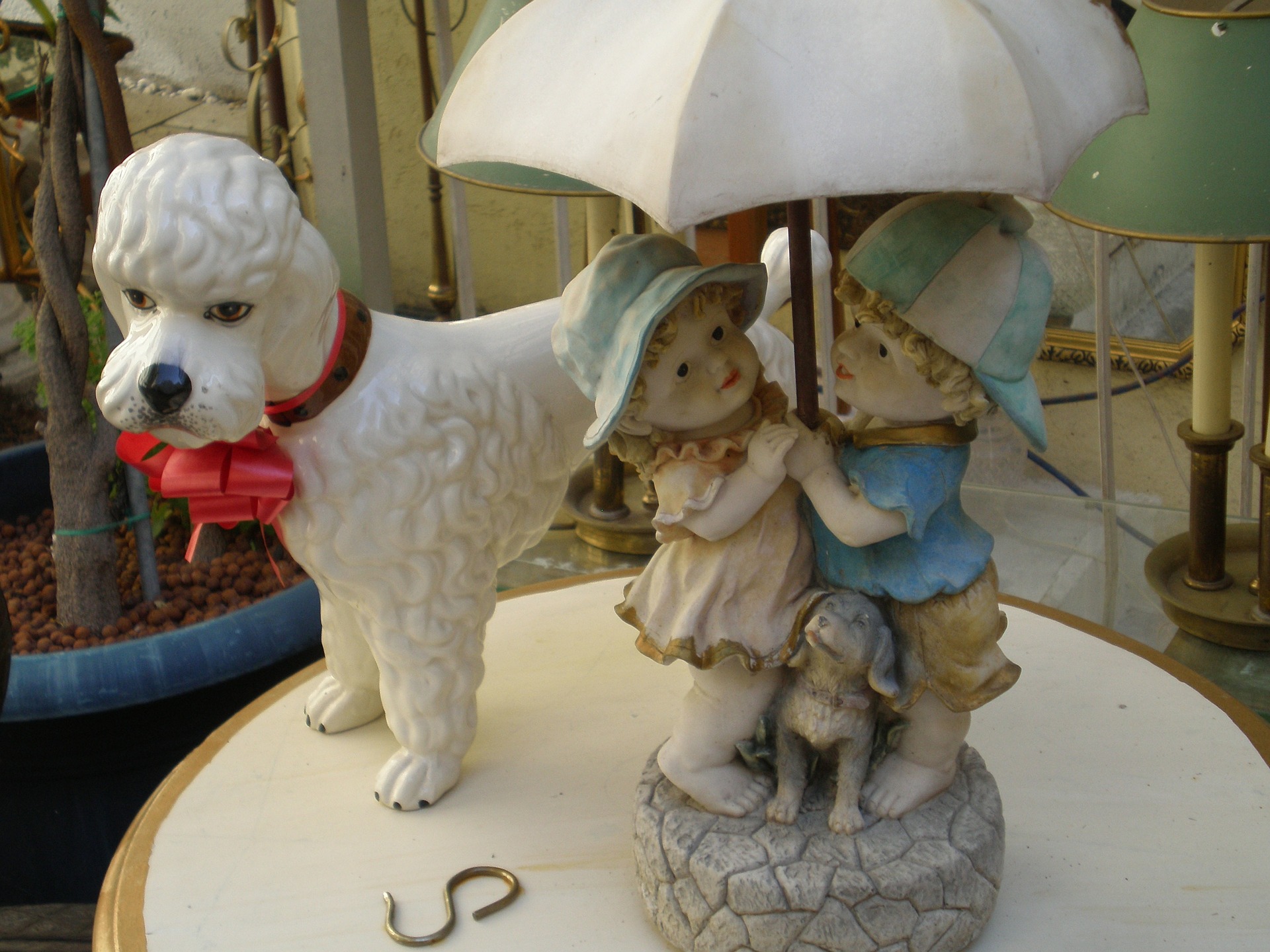
Quétaine means a little ridiculous, something or someone that is cheesy, or tacky. It’s used in Québec.
Example: J’ai sorti tous les vêtements des années 80 quétaine de ma mère pour le party Flash Dance demain, on les regardera ensemble ce soir. (I took out all of my mom’s tacky clothes from the 80s for the Flash Dance party tomorrow, we can look at them together tonight).
5 à 7
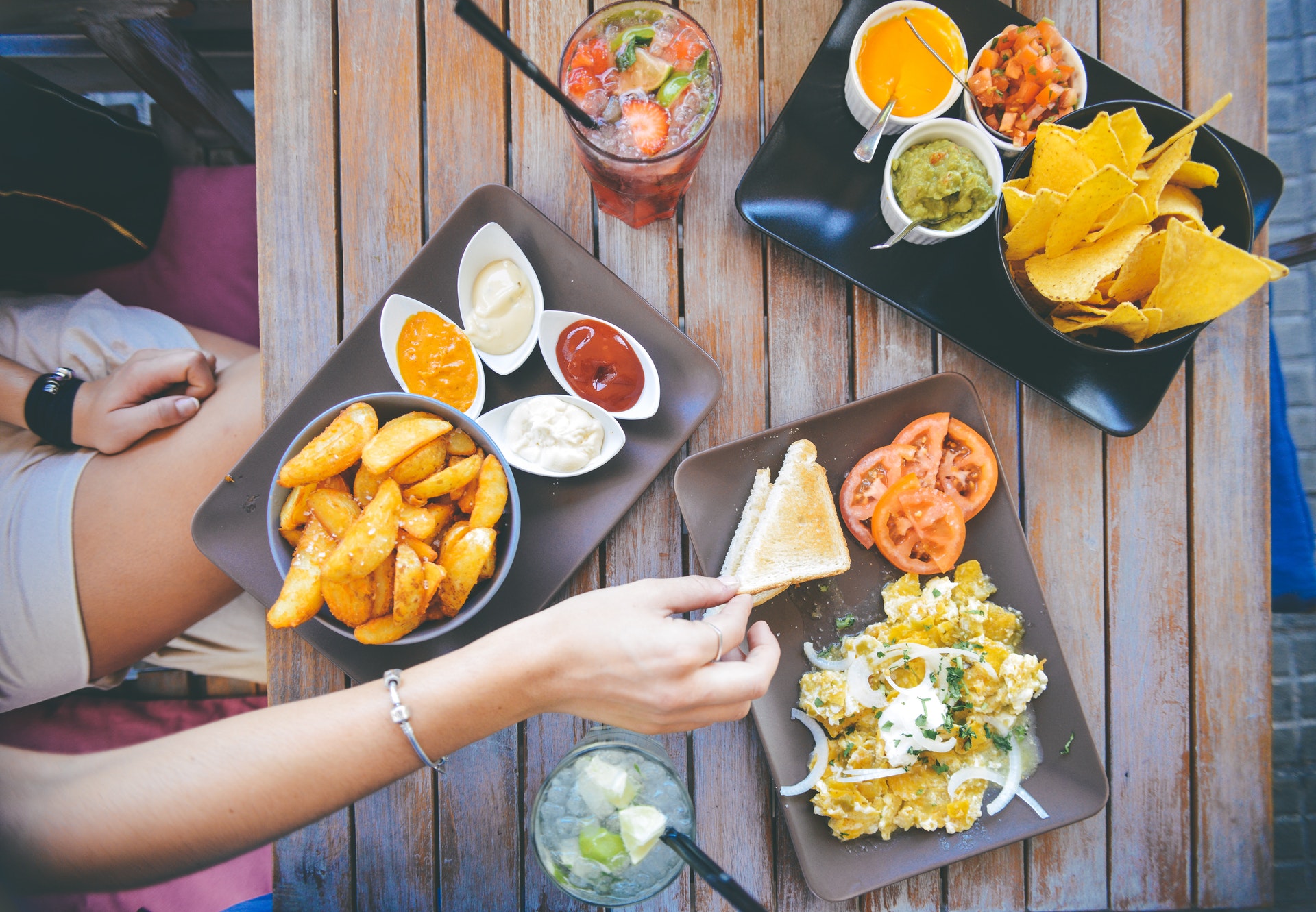
A 5 à 7 is to have drinks and snacks between 5 and 7 p.m. People usually have 5 à 7 during the week, just after work. But be careful, this term is mostly used in Québec. In France, a 5 à 7 is a sexy meeting between a couple, or an affair.
Example: Viens-tu au 5 à 7 chez Victor tantôt? (are you going to Victor’s later for drinks and snacks?).
Do you know other French slang words?


